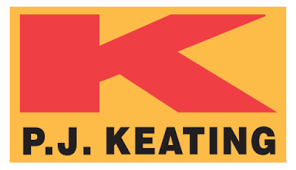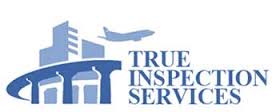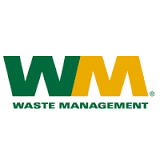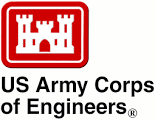News
 EPA Awards $100,000 to UC Berkeley for creating technology to remove high levels of arsenic from groundwater
EPA Awards $100,000 to UC Berkeley for creating technology to remove high levels of arsenic from groundwater
Apr 11, 2022
Close to $300,000 awarded nationwide
SAN FRANCISCO – Today, the U.S. Environmental Protection Agency (EPA), announced it awarded $99,998 in funding to an interdisciplinary student team at UC Berkeley for creating a new technology that removes arsenic from groundwater as part of the People, Prosperity and the Planet (P3) Program.
“Congratulations to these students for their hard work and innovative ideas to solve urgent environmental challenges,” said Maureen Gwinn, Principal Deputy Assistant Administrator for EPA’s Office of Research and Development. “These students are leading the way with their environmental solutions to move us toward a more sustainable future.”
“Arsenic is a naturally occurring mineral found in groundwater throughout the Western United States,” said EPA Pacific Southwest Regional Administrator Martha Guzman. “I applaud the students at UC Berkeley for finding an innovative solution for removing high levels of arsenic from groundwater. Everyone should have access to safe and clean drinking water.”
A group of students at the University of California - Berkeley created a novel technology to remove high levels of arsenic from contaminated groundwater and is partnering with a local community in the Central Valley to field test this arsenic remediation technology. In the long-term, this technology can reduce the number of arsenic-related diseases and increase economic prosperity in communities that currently rely on arsenic-contaminated groundwater. Arsenic is a known carcinogen and drinking high levels over many years can increase the chance of lung, bladder, and skin cancers, as well as heart disease, diabetes, and neurological damage. The regulatory Maximum Contaminant Level (MCL) for arsenic in drinking water is 10 parts per billion (ppb).
EPA’s P3 program is a two-phase research grant competition for college students that offers hands-on experience that brings their classroom learning to life, while also allowing them to create tangible changes in their communities. Today’s awardee has already completed Phase I, which served as a “proof of concept,” with a one-year grant of up to $25,000 awarded to develop their idea. This team was then eligible to compete for a Phase II grant of up to $100,000 to implement their design in a real-world setting.
The other teams receiving P3 Phase II awards include:
-- Michigan State University - East Lansing, Mich., to make 100% recyclable water and oil-resistant paper coatings, which will eliminate the flow of PFAS from paper coating applications and remove microplastics from the waste stream.
-- University of Cincinnati - Cincinnati, Ohio, to develop a practical and cost-effective approach to treat PFAS in drinking water using chemically modified sawdust. The team will partner with community groups in Cincinnati for pilot-scale testing of their technology.
Learn more about EPA’s P3 Program.
Learn more about EPA’s Pacific Southwest Region. Connect with us on Facebook and on Twitter.
Great Experience!









































































































